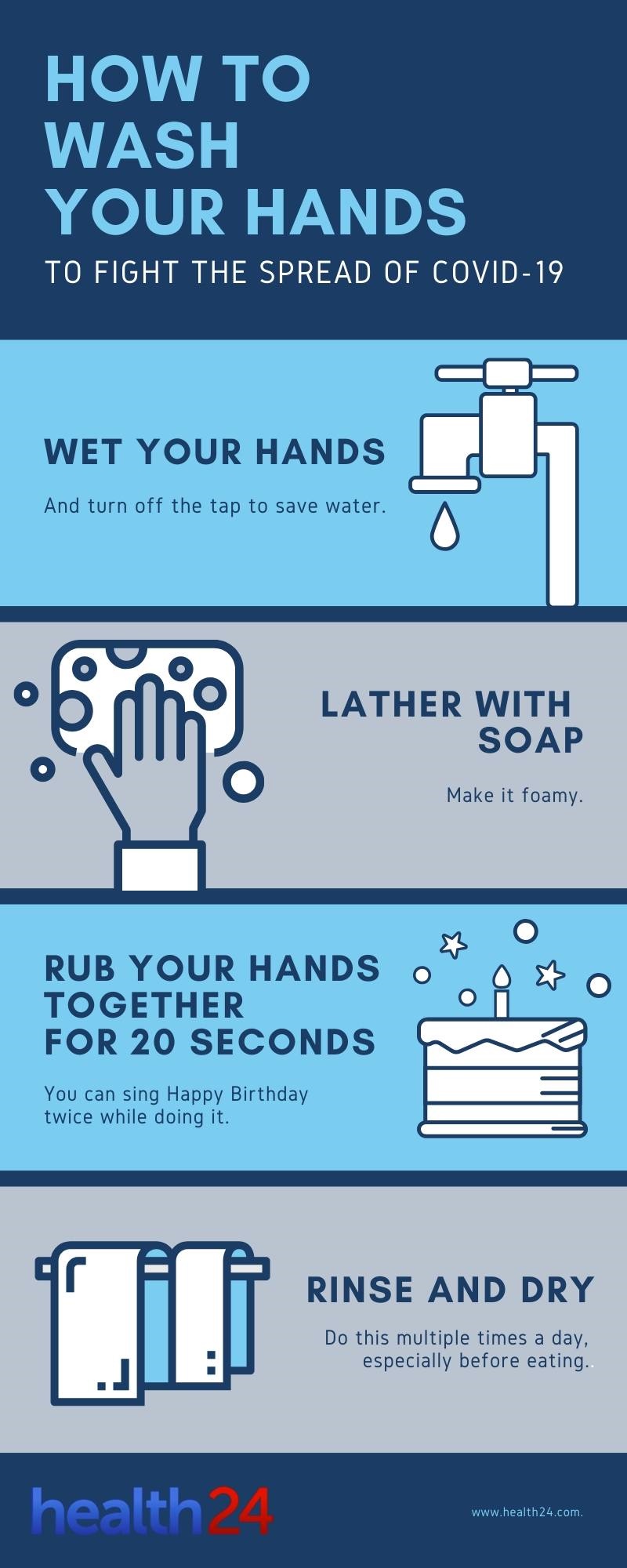- A harmless, fake virus was introduced into a paediatric ward at a London hospital to assess how far its DNA can spread
- In 10 hours it had spread to 41% of all surfaces in the ward
- It proved a need for intensified cleaning procedures to help curb the spread of Covid-19
How fast does a virus really spread in a hospital? One simulation recently showed that it can take only 10 hours for a virus to contaminate 41% of all surfaces in a single hospital ward.
Published as a letter in the Journal of Hospital Infection by University College London and Great Ormond Street Hospital, researchers smeared a harmless DNA oligonucleotide surrogate on a bed rail in a paediatric ward’s isolation room. The "fake virus" could also be easily destroyed by proper handwashing regiments and alcohol wipes, thus simulating the prevention of the Covid-19 virus.
The surrogate was put in place on a Monday morning, and 44 samples were taken from surfaces in the evening, then every evening for the next four days. The surfaces included the immediate vicinity of the infection area, clinical areas outside of the isolation room and the general ward.
READ: Loss of smell, taste – researchers think these symptoms may help better screen for Covid-19
In the first 10 hours, 41% of all surfaces sampled were ‘infected’ with the surrogate, reaching its peak at 52% on day three. According to the letter, this meant that cleaning procedures were not adequate, and that patient and healthcare worker movements need to be better monitored.
In South Africa, many hospitals have seen outbreaks of Covid-19. The Netcare St Augustine’s Hospital in Durban saw an outbreak that infected 135 patients and staff – all caused by one patient that tested positive for Covid-19. According to a study by the University of KwaZulu-Natal, researchers argue that the movement of patients between wards contributed to the outbreak.
The virus does not remain airborne, thus they conclude that droplets on surfaces contributed to the spread. Early detection and isolation of Covid-19-positive patients were also delayed too long. They recommend more intensive cleaning procedures, as well as creating "zones" that demarcate confirmed and suspected cases away from uninfected patients.
READ: Mental health effects of Covid-19 pandemic, lockdown – and concern over suicide risk
Image credit: Pixabay




 Publications
Publications
 Partners
Partners












